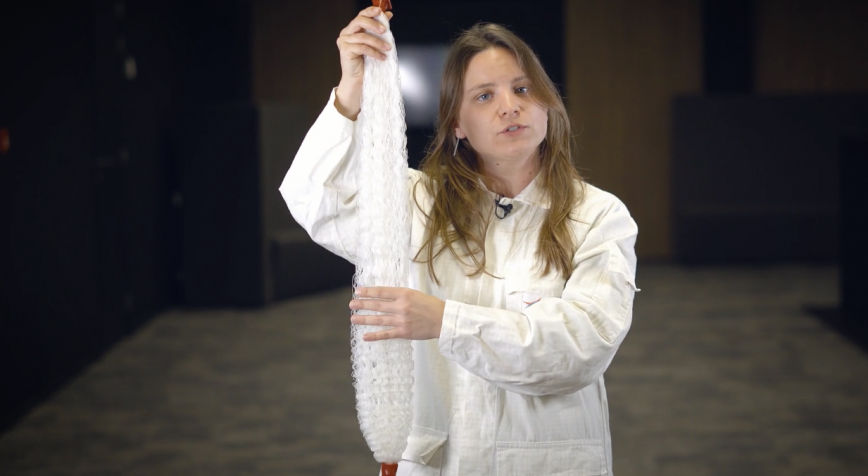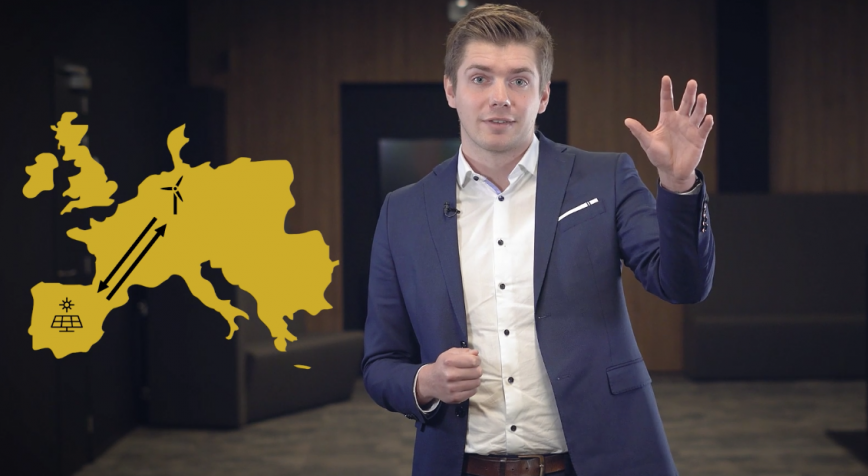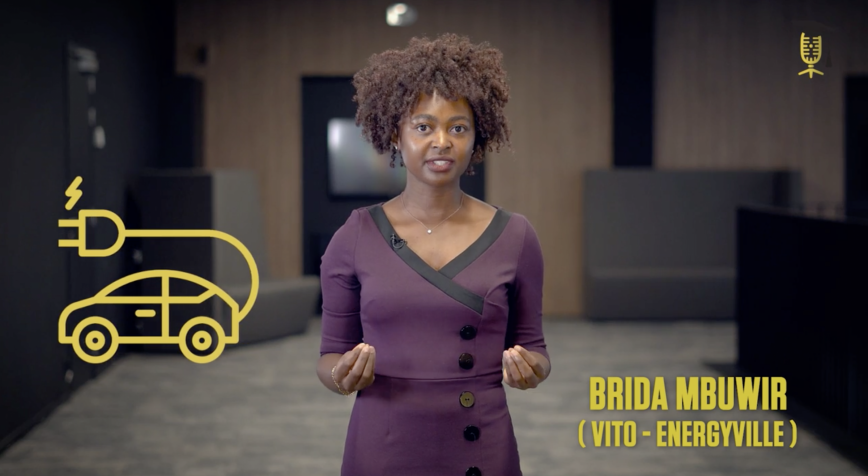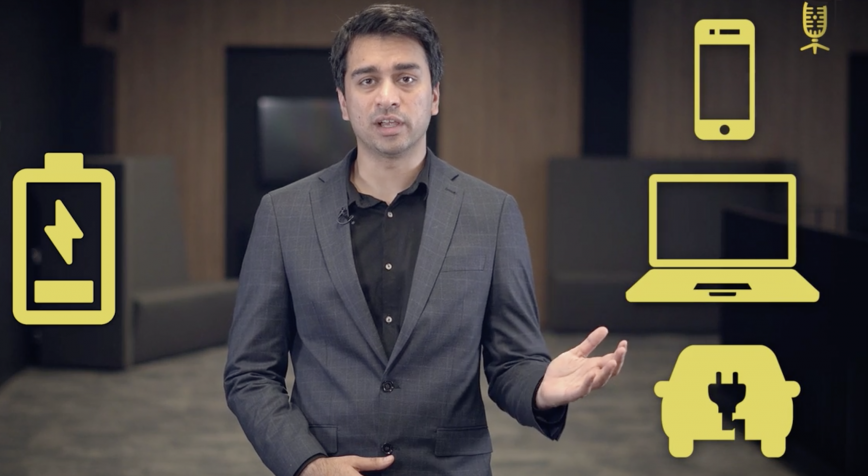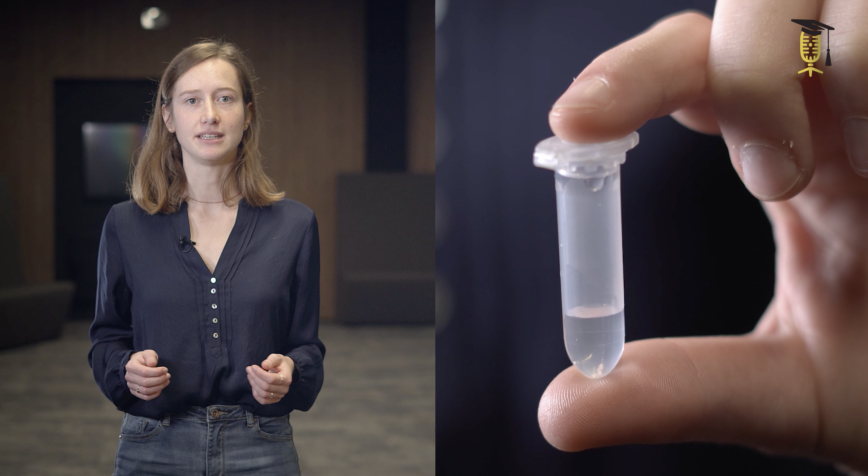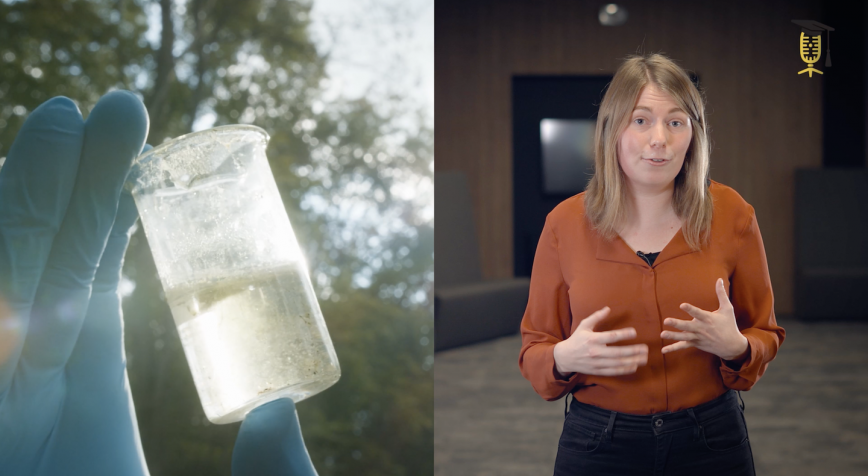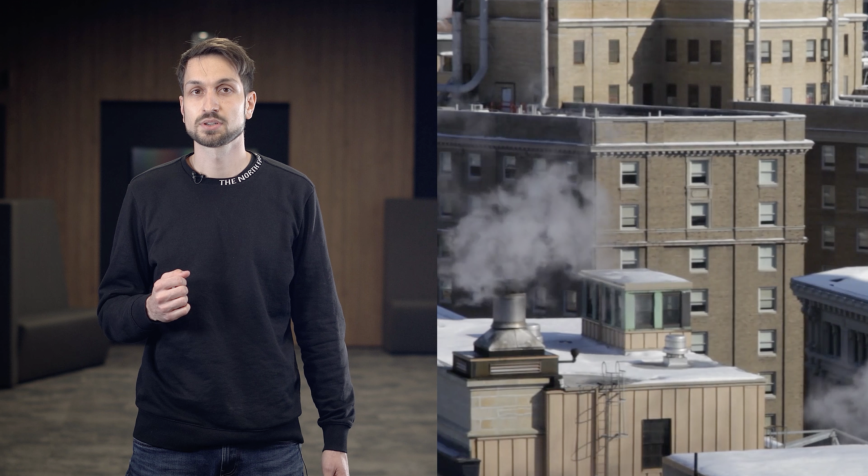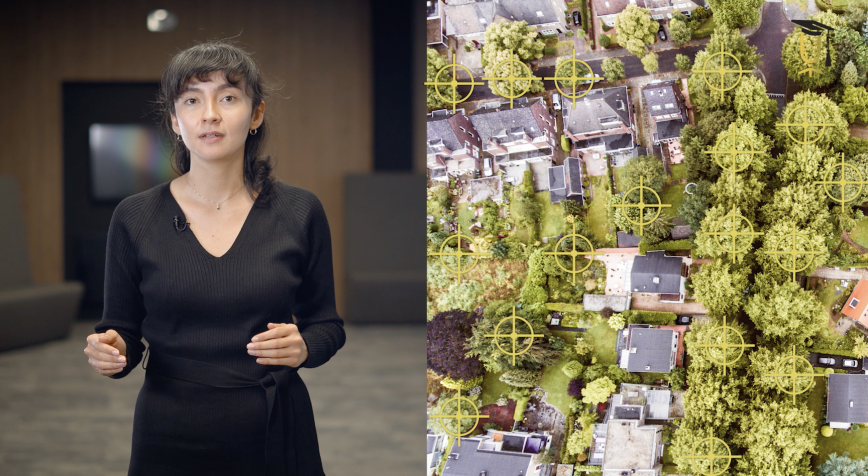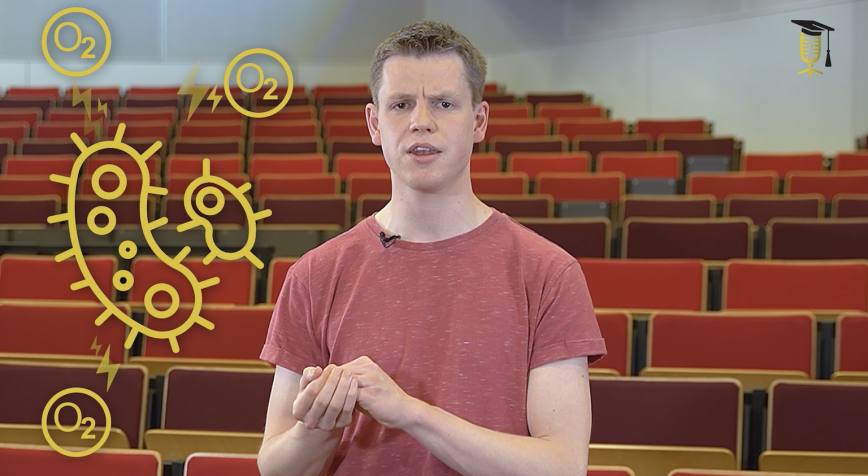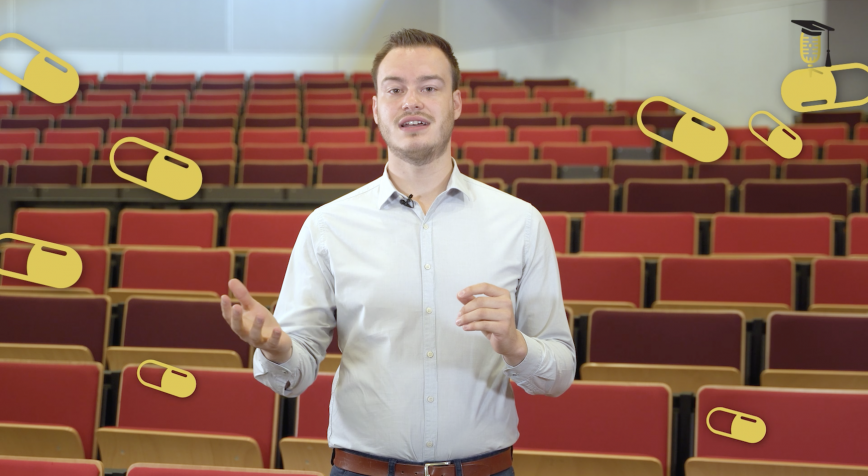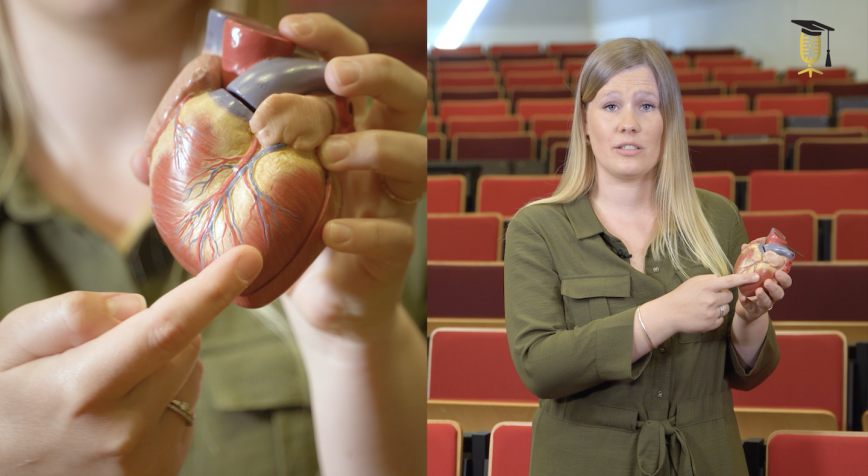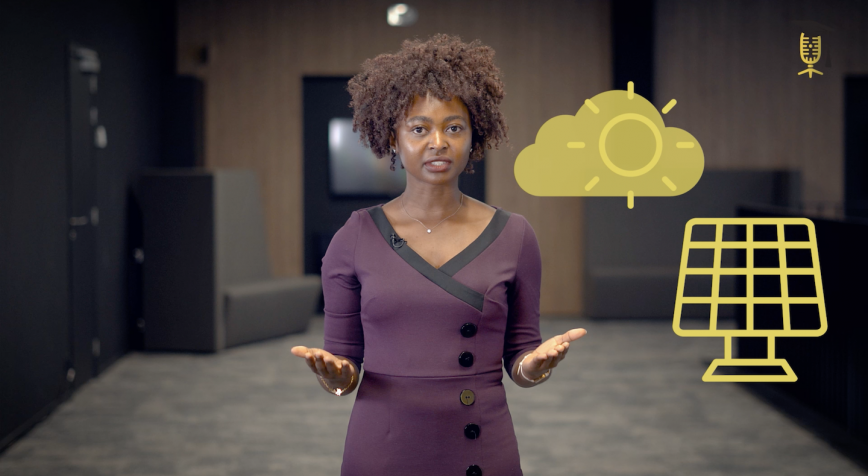
VITO
How to make efficient use of green electricity?
What to do when you want to charge your car and the only source of energy you have are solar panels, but the sun is not shining? In her research Brida Mbuwir (VITO - Energyville) is looking for ways to solve this mismatch between green electricity generation and electricity consumption in large buildings. Listen to her explain how in this video.
